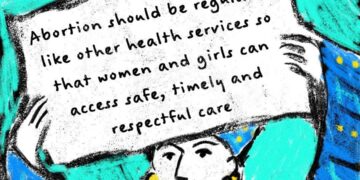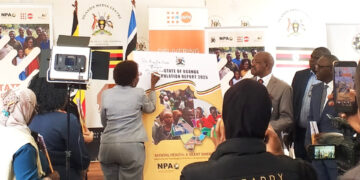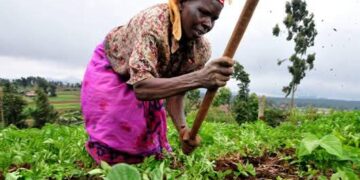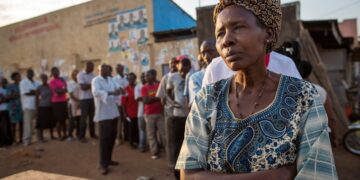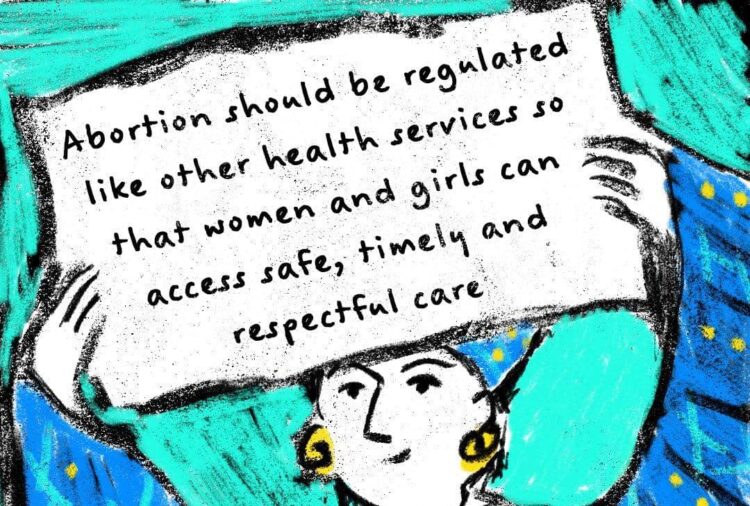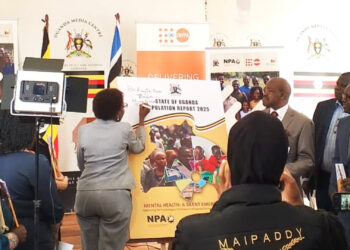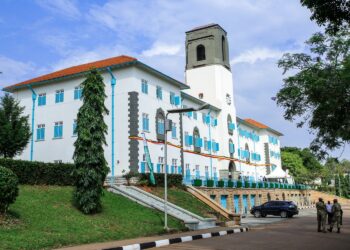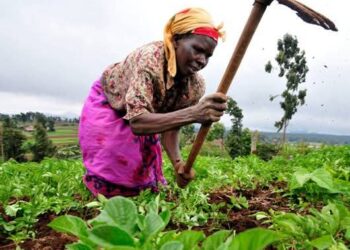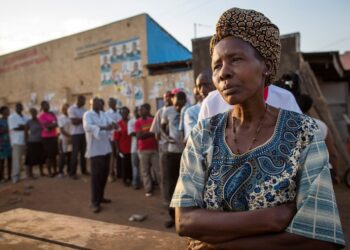By our reporter,
KAMPALA,
Civil Society Organizations (CSOs) working on Sexual and Reproductive Health and Rights (SRHR) across Africa have called on governments to urgently reform restrictive laws and policies that continue to deny women and girls access to safe abortion services.
The appeal was made on Sunday as the continent joined the rest of the world to mark International Safe Abortion Day 2025 under the theme “Safe Abortion is Life-saving Healthcare.”
According to the CSOs, an estimated 8.3 million women and girls in Africa undergo unsafe abortions every year, making it one of the leading causes of maternal mortality. The groups noted that adolescents, persons with disabilities, survivors of sexual violence, and women in rural or conflict-affected areas are disproportionately affected.
The statement reaffirmed provisions of the Maputo Protocol, a continental treaty that obliges state parties to ensure access to abortion in cases of rape, incest, sexual assault, or when a pregnancy threatens the life or health of the woman or fetus. However, activists said most African countries have yet to fully implement these obligations.
“Restrictive laws, third-party consent requirements, reporting obligations, and blanket criminalization in countries like Nigeria, Tanzania, Malawi, Kenya and Uganda continue to push women and girls into unsafe procedures with devastating consequences,” the groups said.
They also expressed concern over what they described as “regressive trends,” including misinformation, stigma against healthcare providers, and efforts to roll back legal protections in some countries.
The CSOs issued a call to action, urging:
African Union Member States that have not ratified the Maputo Protocol to do so without reservation.
Governments that have imposed reservations on Article 14(2)(c) of the Protocol to lift them and fully implement safe abortion provisions.
Legislators to reform national laws to remove blanket criminalization of abortion.
Policymakers to address administrative barriers, including arbitrary restrictions on which cadres of health workers and facilities can provide abortion care.
They further urged courts to uphold the rights of women and girls in abortion-related cases and called on judicial training institutions to incorporate SRHR into their programs.
“Only through collective action can we counter regression, dismantle stigma, and ensure that women, girls, and gender-diverse persons everywhere can exercise their fundamental right to safe abortion without fear or discrimination,” the statement concluded.
